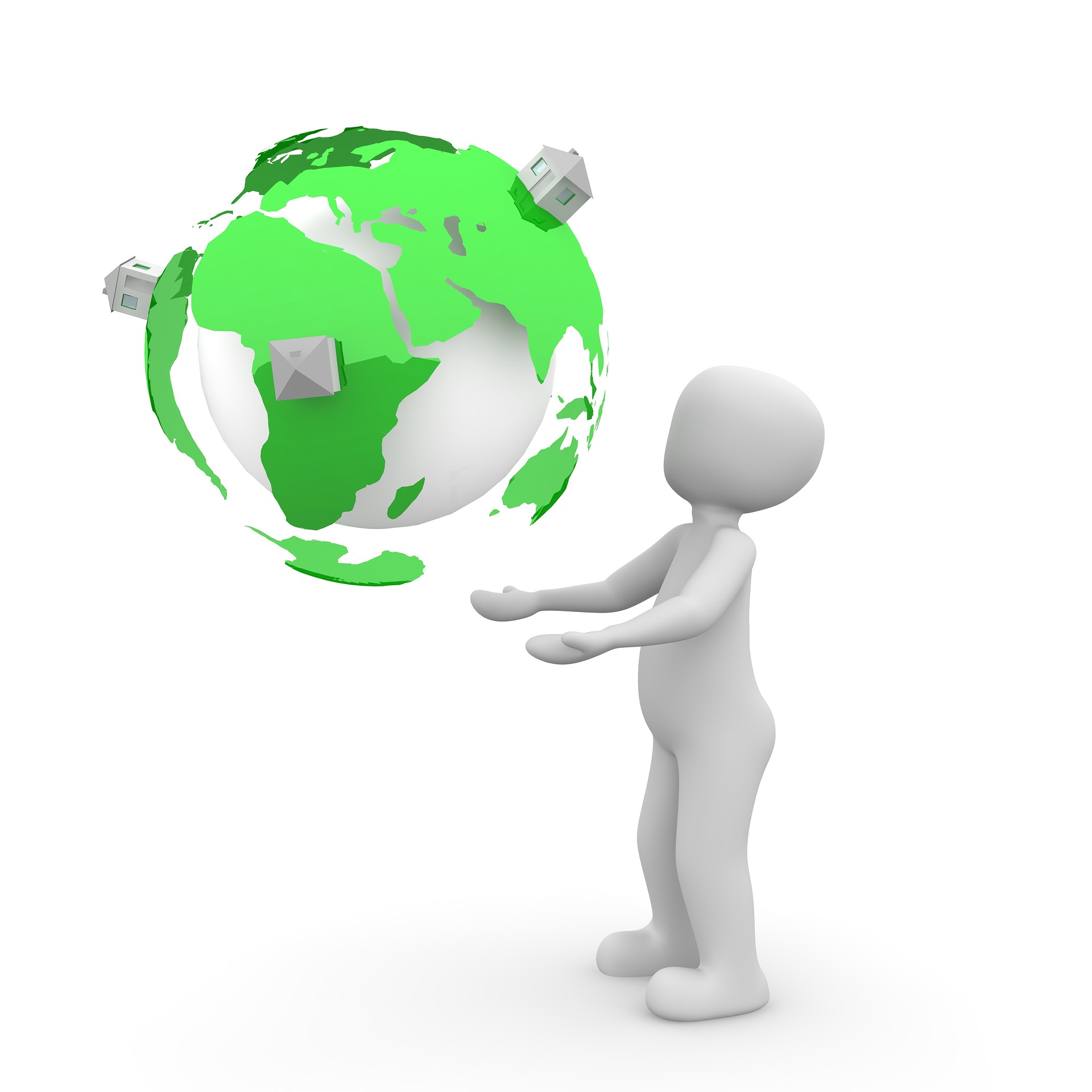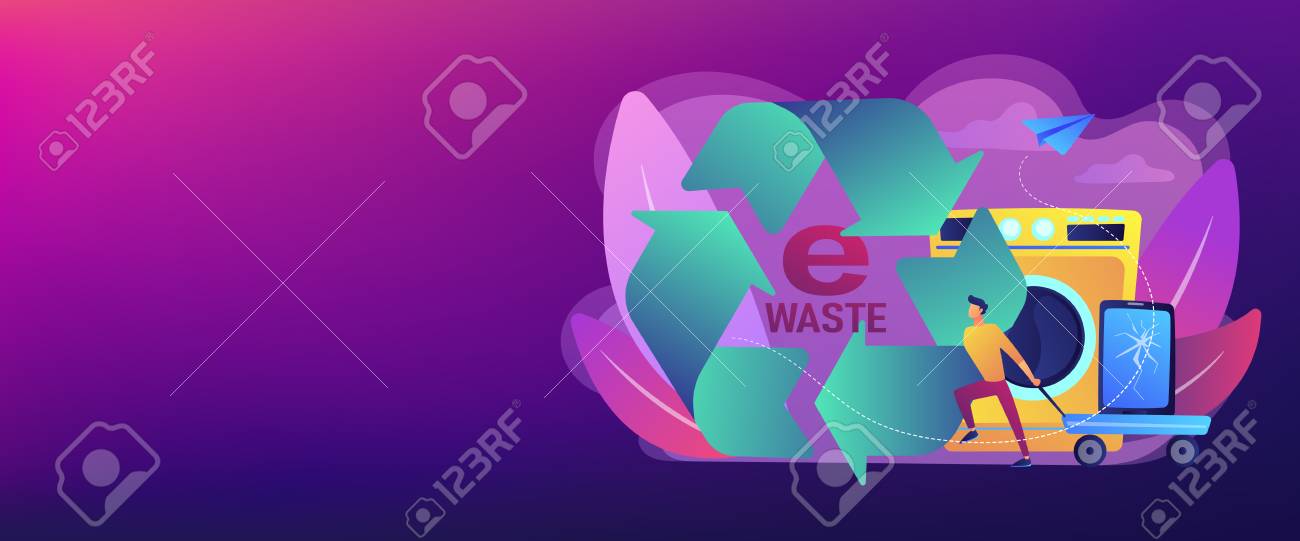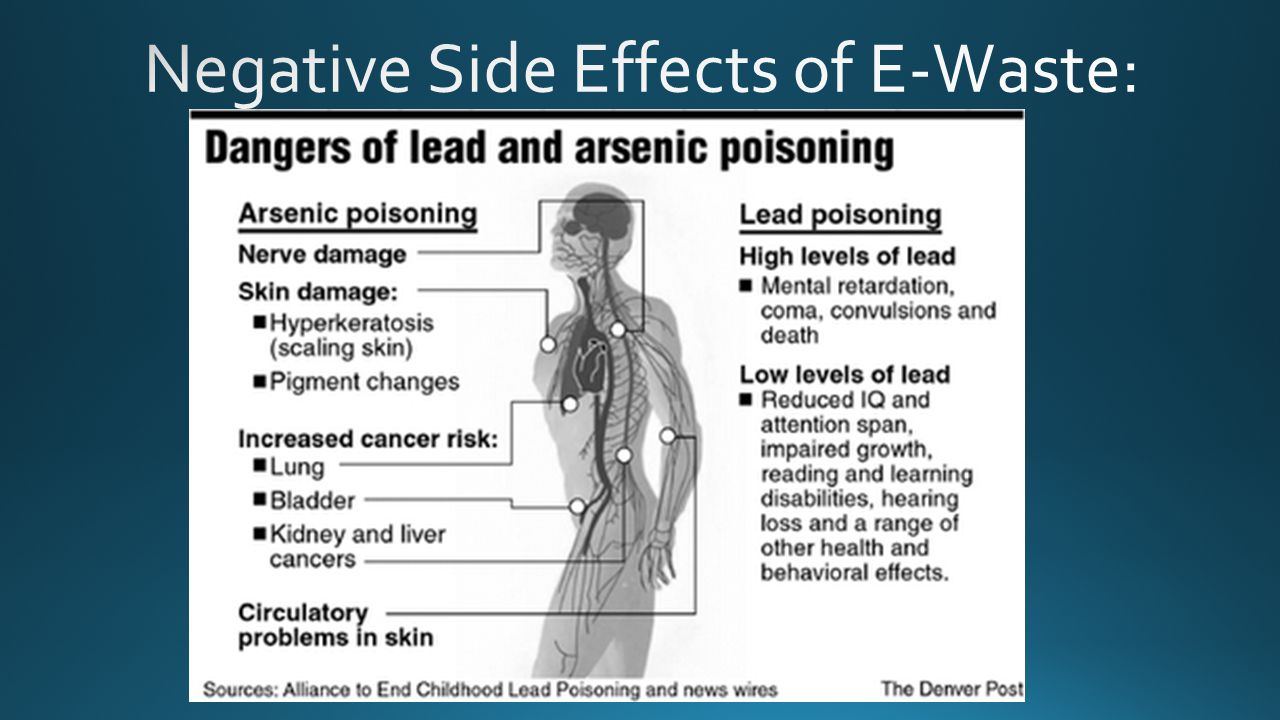

Benefits of E-waste Recycling
Recycling recovers valuable materials from old electronics that can be used to make new products. As a result, we save energy, reduce pollution, reduce greenhouse gas emissions and save natural resources by extracting fewer raw materials from the earth.
Read More
Why E-Waste is a major Concern Today?
The world today is in the midst of a rapidly expanding wave of digitization. As technology evolves and continues to automate functions across industries, countries across geographies have witnessed visible growth in the use of electronic devices across every sector. In light of this situation, India has emerged as a prime example of a country that has successfully harnessed the complete advantages of digital technology. While progress has been made in all sectors, however, the country today must also be aware of another type of growth that has been taking place simultaneously: the rise in numbers of redundant or unused electronic devices that lead to the creation of ‘e-waste’.
Read More
What is E-waste Recycling?
Electronic waste or e-waste describes discarded electrical or electronic devices. Used electronics which are destined for reuse, resale, salvage, recycling, or disposal are also considered e-waste. Informal processing of e-waste in developing countries can lead to adverse human health effects and environmental pollution.
Read More
E-Waste is Harmful to Health
Electronic waste affects nearly every system in the human body because the materials that make up e-waste contain a plethora of toxic components, including mercury, lead, cadmium, polybrominated flame retardants, barium, and lithium. Even the plastic casings of electronic products contain polyvinyl chloride. The health effects of these toxins on humans include birth defects and damage to the brain, heart, liver, kidney and skeletal system. They will also significantly affect the human body’s nervous and reproductive systems.
Read More